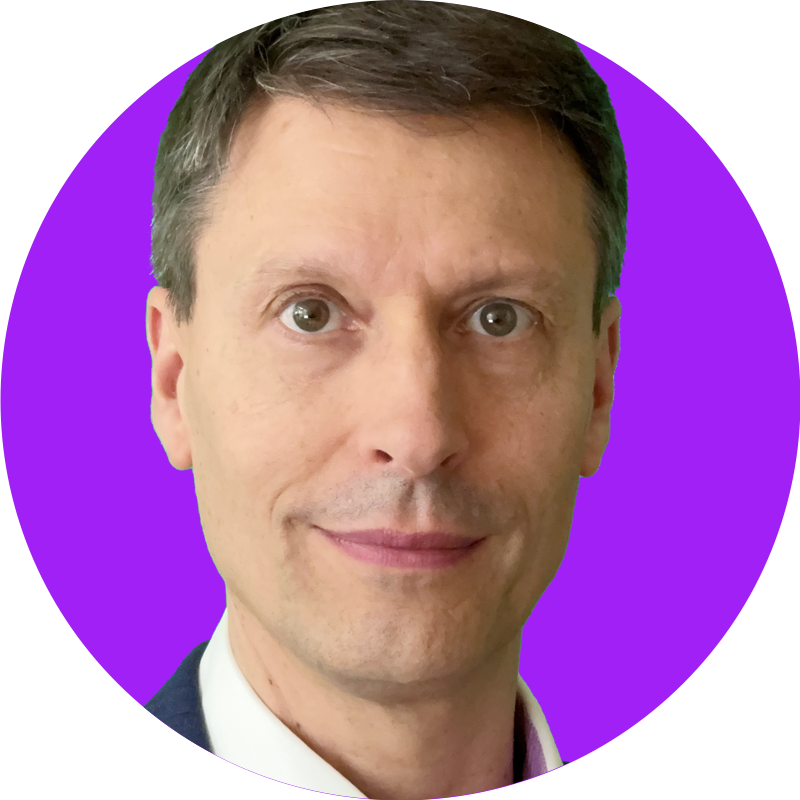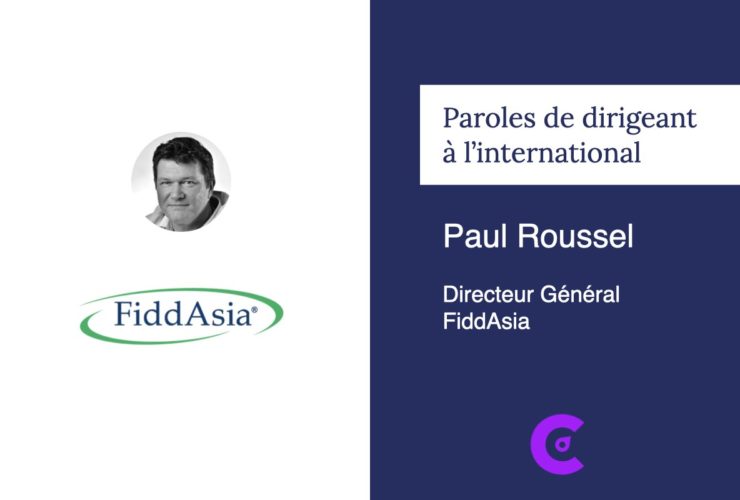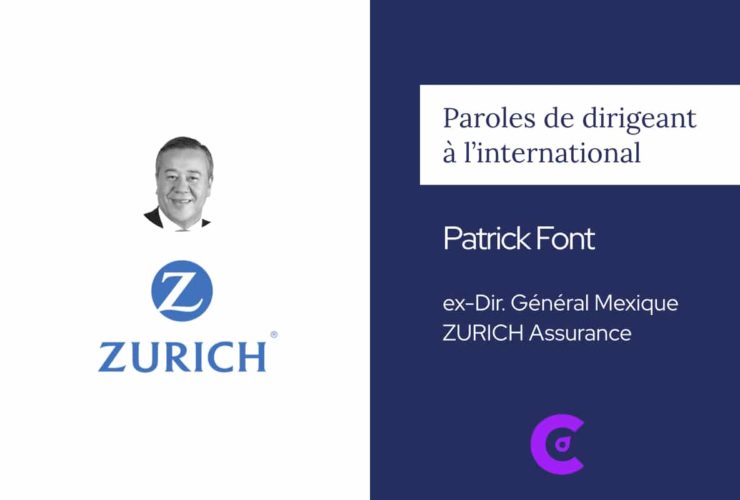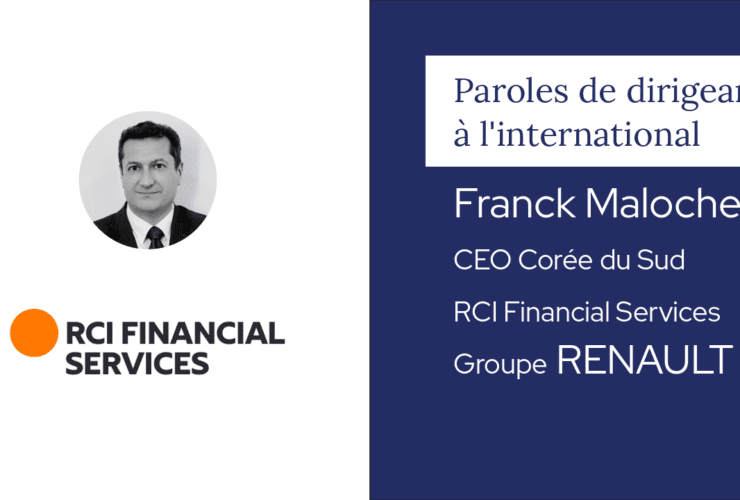International Executive are speaking
The keys to international business success
François-Xavier Moreau, DG APAC, Japan & Korea President, Groupe Bel
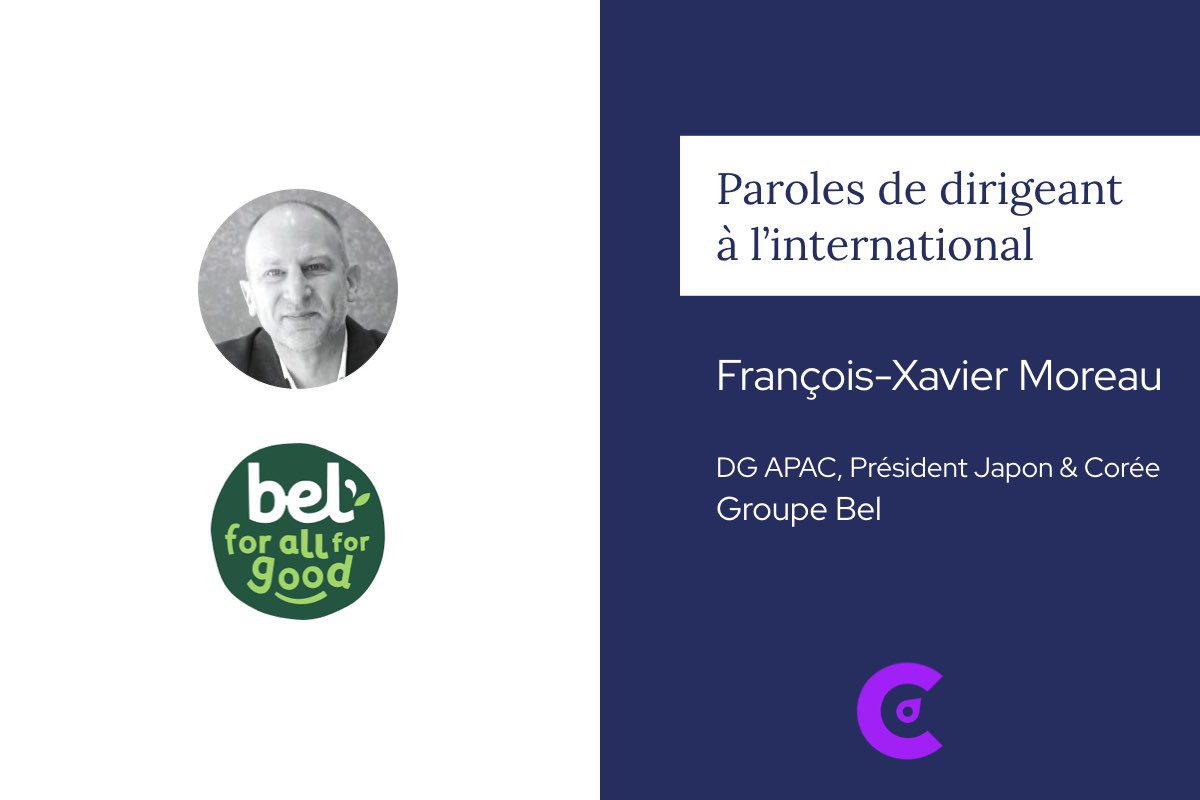
“Expatriation is resetting the counters to zero”
François-Xavier Moreau has extensive international experience. He passed through Australia, New Zealand, the United Arab Emirates, Iran… to reach Japan. Today, he reveals to us what each of these countries taught him…
Quelques faits
Interview conducted by Antoine Leygonie-Fialko
Open dialogue then Executive Coaching session
according to the CO-CREATiVE Communication® method
I met François-Xavier through the FrenchFounders network. I immediately admired the richness of his international career…
“In Australia, France has a different image”
François-Xavier, what do you remember from your first expatriation to Melbourne?
I was lucky enough to start my expat life in Australia! Who does not dream of it at 22 years old.
Danone immediately built me into an intrapreneurial approach where accountability and autonomy were key. Antoine Riboud’s dual economic and social project was deeply rooted in the values of the company and in its culture. So far from France, I was struck by that. Danone allowed me to quickly understand the codes of a global brand as well as the mode of operation of a distributor; From the start, I worked closely with the Cadbury Schweppes teams, which had exclusive representation for the evian brand in Australia. I spent the first months in the field, which is the basis for understanding the dynamics of distribution and making its ranges with sellers.
Quickly, Danone made me evolve into a trade-marketing role on the mineral water portfolio. With the Sydney Olympics approaching, we needed to increase our presence and visibility on all circuits with a major focus on the HORECA circuit. The glass bottle must find its place on all the large tables of restaurants and hotels! Not always easy in a country context where mineral water had no place and over a period during which “selling French” was not a popular argument. It was just after the cycle of nuclear tests in the Pacific… This experience greatly developed my ability to find solutions, in an English-speaking environment.
Your role then shifted to New Zealand?
From Melbourne, I took responsibility for the New Zealand market. I started to build my first experience of managing a P&L with another distributor. I quickly understood that it was complicated to transcribe these achievements from one market to another without going through a strong acculturation phase. New Zealand culture is a very insular culture. It is quite closed. New Zealanders are very proud of their island and their heritage. I had to learn to build the conditions for trust from a distance, which is never easy. At the time, we did not have all the current communication tools. Luckily, during this period, I had the chance to enjoy a very important event for New Zealand with the “America’s Cup” sailing race. Luck was on my side and we were able to develop our sales significantly over this period. The moment was magical and festive and therefore brought a smile shared with the teams.
In the end, in Australia and New Zealand, I especially discovered this little madness, this energy to start a new life in a new country, and the passion to reset the counters to zero at each new destination.
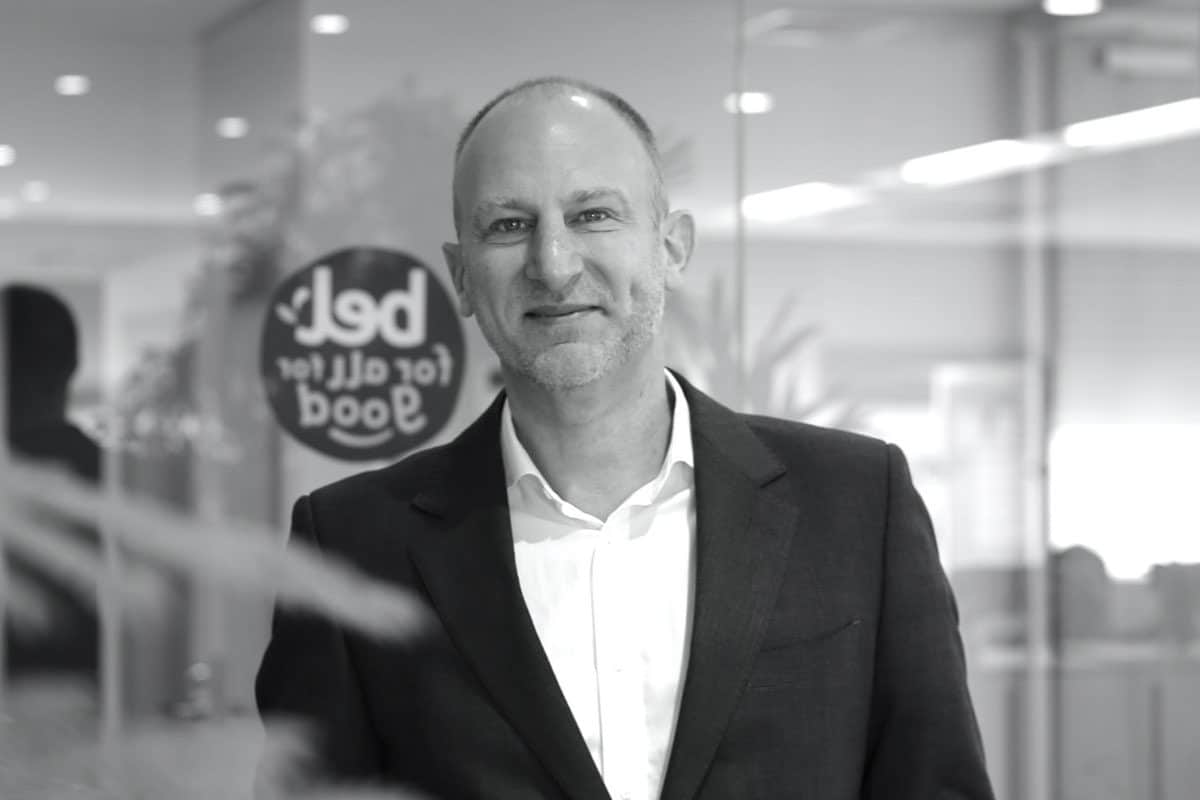
“In the Middle East, trust is not enough”
You then move on to the Emirates. How is it going ?
After a year off to study, I joined Groupe Bel and its Middle East division. I was able to quickly capitalize on my achievements with responsibility for the United Arab Emirates market. I had the chance to know Dubai at another time. What a surprise to witness a period of incredible growth. From memory, I believe that Dubai had 10% of the world’s cranes in operation! The cultural environment was obviously very different from the Pacific. My boss at the time asked me to build, in a transversal way, the animation program for distributors in the region in order to reach the “part of the heart” of our local contacts. Our market shares were already significant, but we needed their support to support our transformation plans. For example, we brought them to Megève. This type of shared experience creates unique moments in terms of relationships and trust between the two parties.
I have always been attentive to the tempo of the relationship. I think the key to building trust is respecting the other party, not just in terms of values and listening, but also reading the ‘tempo’: there are times to listen, times to step up. , times to concede and times to rush. If we misdiagnose the stage of the relationship, then we run the risk of adopting behavior that is incompatible with the moment. And it is the guaranteed exit from the road.
Finally, in a business relationship, I understood that trust was not enough. You also have to be able to build the ingredients for creating shared value. In the end, the real recipe is “value creation with a pinch of salt of trust to raise the mayonnaise”.
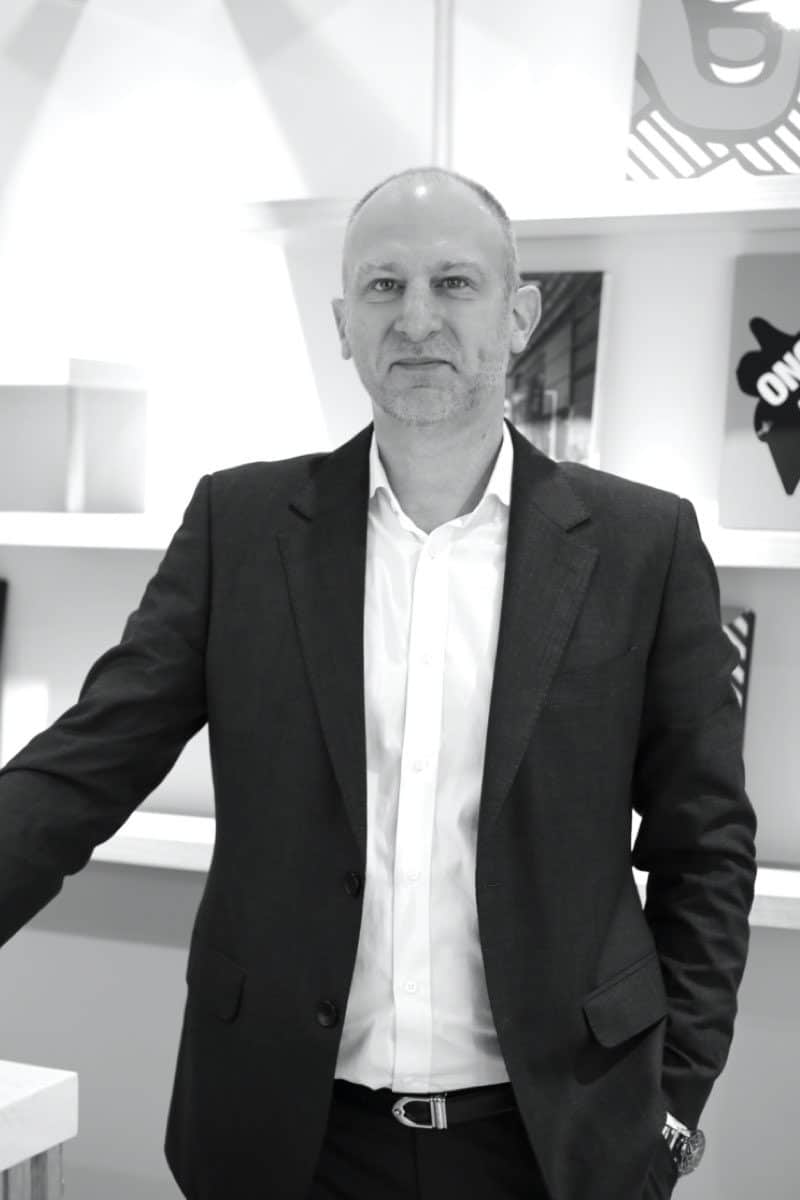
“In Algeria, loyalty is eternal”
François-Xavier, what do you remember from your presence in Algeria?
After the Middle East, I was appointed to Algeria, a country whose history with France is very strong but sometimes complicated. By taking over the management of a sales force of 600 people, I learned how to lead a very large team: we dealt with demand, industrial or management issues every day.
In Algeria, the crisis is never far away, so it is better to be prepared! It was a fantastic time to “do” and “grow” to support the subsidiary in a very exciting hyper-growth environment.
I found recognition and a lot of loyalty there. The teams are very emotional, in an almost eternal loyalty from the moment we make them grow with respect and kindness. For me, Algeria represents very human memories and a second expatriation, this time with the family.
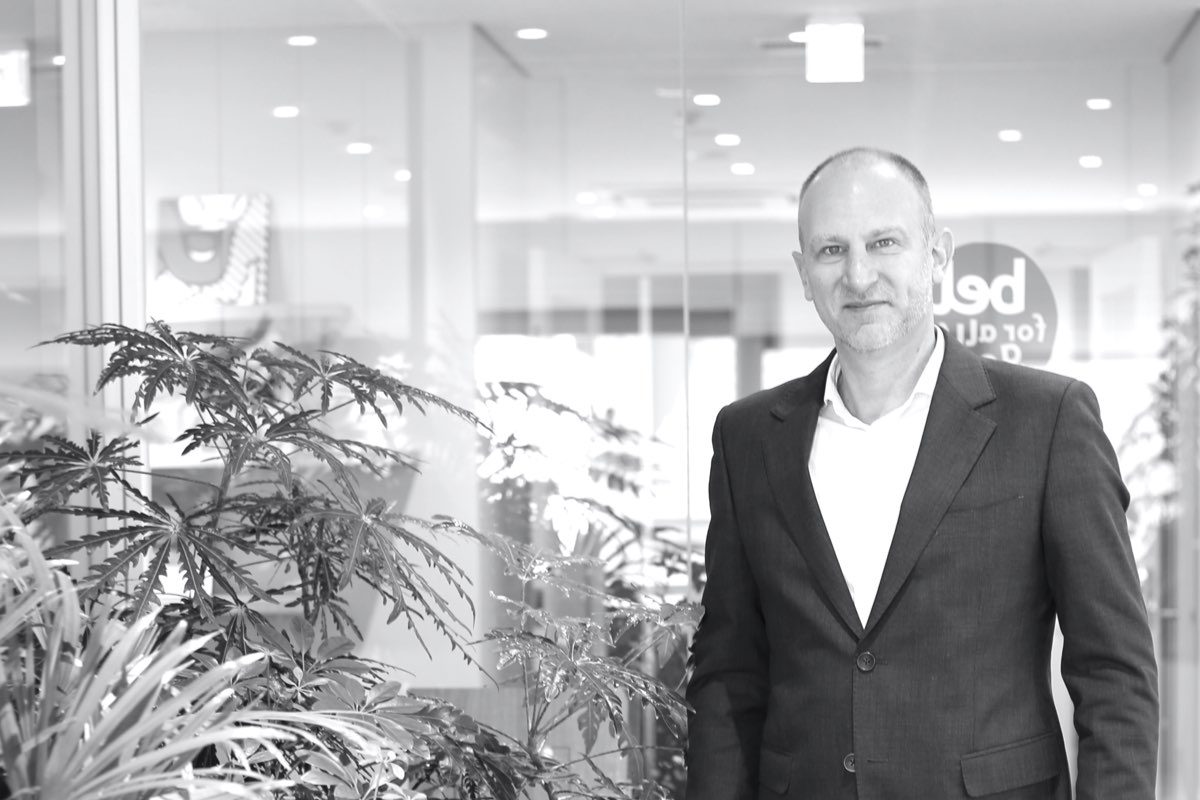
“Iran seen from inside or outside: the big gap”
Then you go to Iran, right?
After Algeria, I went to Iran to take care of a Bel subsidiary in difficulty with a complex joint-venture file to be deconsolidated, and a new factory to be built.
In this country under sanctions, this factory was the lung of the dairy industry. We were therefore in a logic of survival: survival of jobs and the sustainability of the business. My Iranian teams have impressed me every day with their commitment, their professional skills and their joie de vivre in the face of extremely complicated situations. I am forever indebted to them!
The external perception of the country is very different from what I experienced from the inside. This is why I had a long work of explanations vis-à-vis the headquarters to give reading grids allowing to understand Iran, the real situation and our forces in this country.
In Iran, I then took responsibility for Turkey. My role has evolved, making room for more influence and coaching
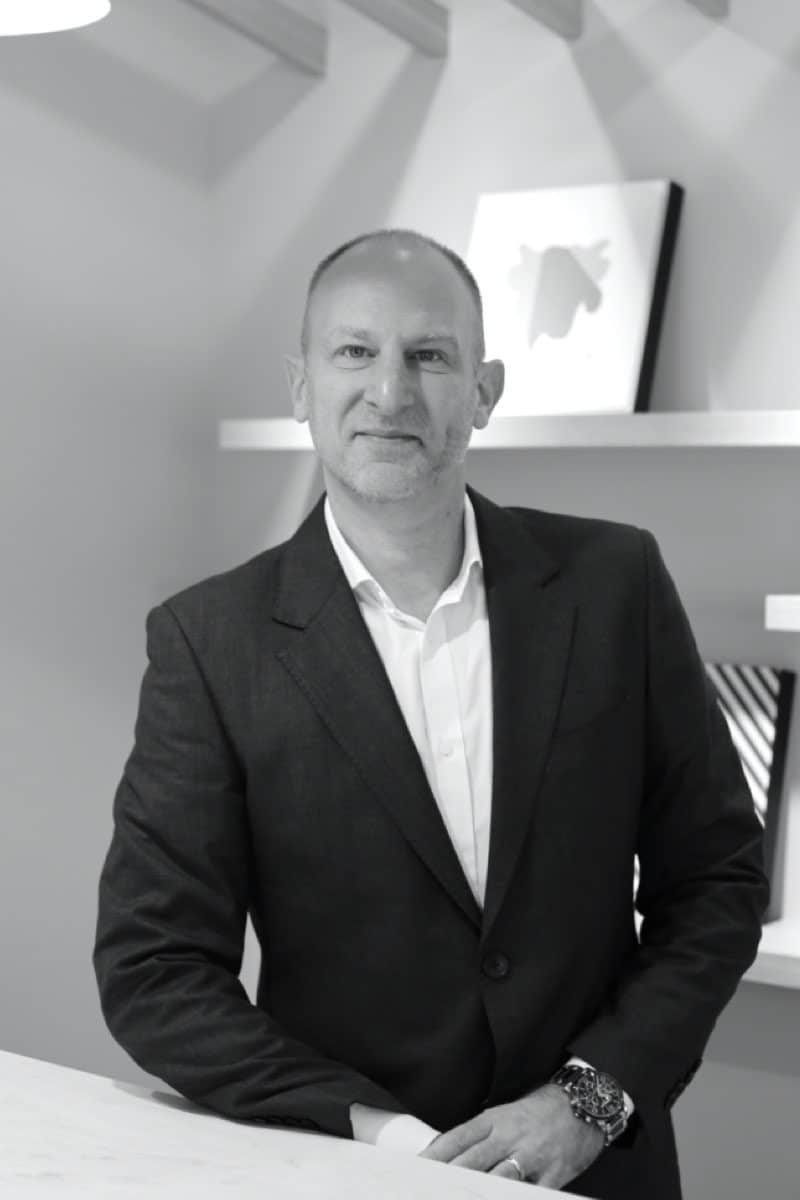
“In China: the power of digitalization”
You then make a short stay in China…
Yes, based in Shanghai for the takeover of the Asia-Pacific General Management. An enriching period with a mandate to restructure the scope of activities and the “carve-out” of China. We only stayed there for a year, but I was amazed by the power of digitalisation, by the speed of the teams in implementing the plans and by their pragmatism.
There, I discovered the strength of digital, the transactional power of networks such as WeChat and fantastic brand building models that are sometimes very opaque to understanding by Westerners. In Shanghai, I was able to meet startups from this digital ecosystem which I was very curious about. We shared our experiences with other companies like Pernod Ricard, Nestlé…, in order to understand the models and the difficulties in which they operated. My stay in China was short but very intense.
“Japan, an experience of long time”
What do you learn in Japan?
Unlike China, in Japan, I experienced the long time. I discovered a big gap with the West in terms of the dynamics of change. In general, I found a very strong resistance to change, almost by default, a protection of achievements and a logic of slowing down growth. In Japan, everything takes longer, at least at the start because the execution of the teams there is phenomenal.
In Japan, I found it harder to find a common language on development and finance topics, with the language barrier adding additional complexity.
But this stay will remain marked by the health crisis and the upheaval of practices. I was struck by the brutality of the changes within the company that resulted from it, by the transformation of managerial practices, positive in my view, to which employees are now very attached: more autonomy and greater flexibility of the work, less formalization in general and a greater place in productivity, mainly through the acceleration of digitalization. HR will have work to do in the coming years to support this human capital!
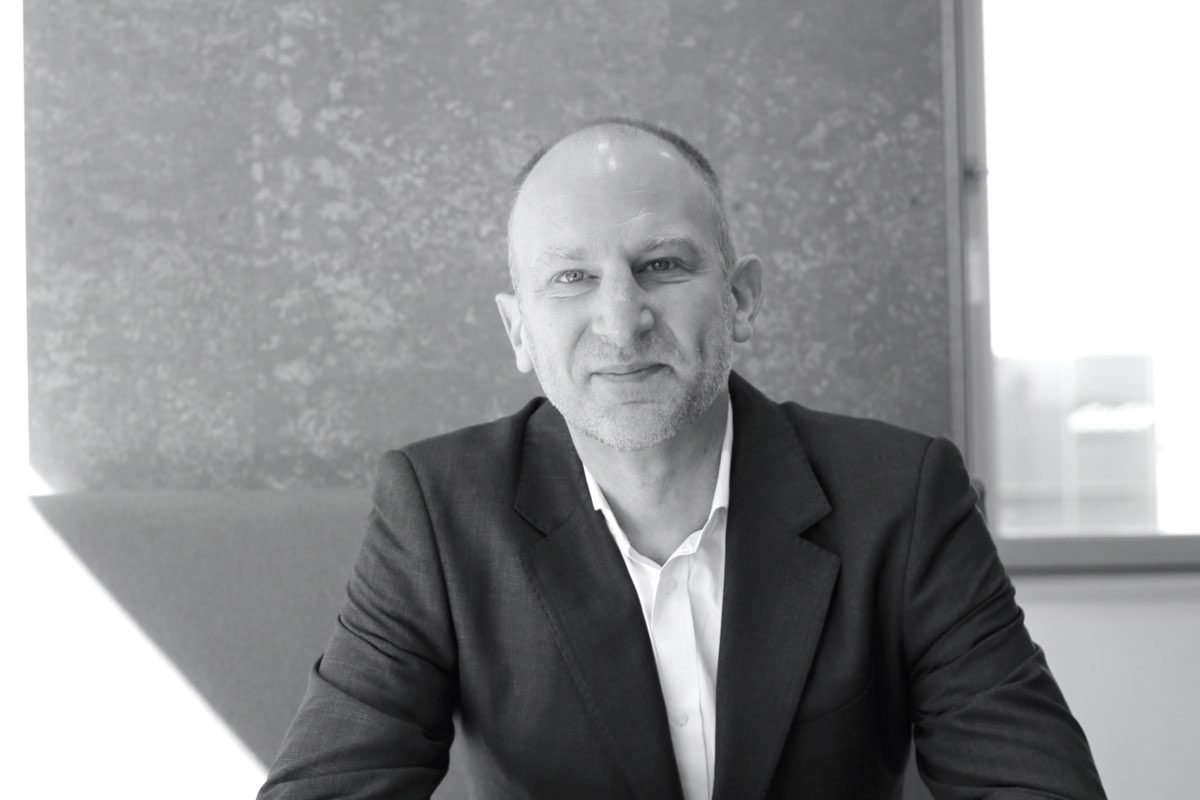
“Family non-compromise is the compass”
What advice would you give to a young person who wants to go international?
To a young person who wants to go abroad, I would tell him not to hesitate for a second. International experience is irreplaceable in terms of personal fulfillment and development.
If he is in a relationship, I would advise him not to compromise on the subject of family. Succeeding internationally means succeeding as a family. The family non-compromise is the compass, the anchor.
Then, to avoid making big mistakes at the start, I would suggest a little reading to learn the essential intercultural codes…
Finally, once you arrive in the country of destination, the essential thing is listening, kindness and respect. I would encourage him to agree not to understand everything right away and to let things be. I have always left time to time. When someone emigrates professionally, it is not in a one-week Club Med stay where you have to see everything, do everything… Time is important.
A look at an Executive Coaching cycle according to the CO-CREATiVE Communication® method
A word about your Executive Coaching experience with me?
From this coaching, I will especially retain your integrated approach, your kindness, your ability to listen and your ability to get to the heart of a problem. Simple and efficient. Thanks Antoine!
Interview by Antoine Leygonie-Fialko.
International Executive Coach and Consultant Antoine Leygonie-Fialko is an International Executive Coach, ICF certified at PCC level, specializing in supporting international leaders "Towards CLEAR, CALM, CARING and POWERFUL thinking". He is the founder of the CO-CREATiVE Communication® and the company CADRAN which operates globally. Previously, he managed 7 companies, from start-ups to corporate, in France and internationally (Europe, Asia, America, Africa), in various industries (construction, architecture, internet, HR…). Today, with more than 2,000 hours of Executive Coaching, he works remotely with international leaders and their teams who want to unleash the power within their singularity in front of strong challenges requiring them to get out of their comfort zone & known mental frameworks.ANTOINE LEYGONIE-FIALKO



